
Deepak Kumar

30 books



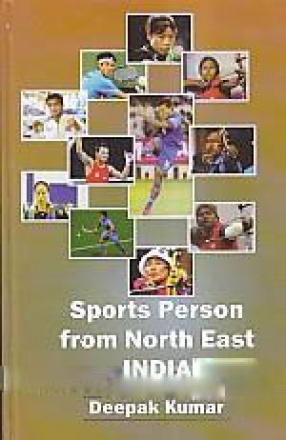



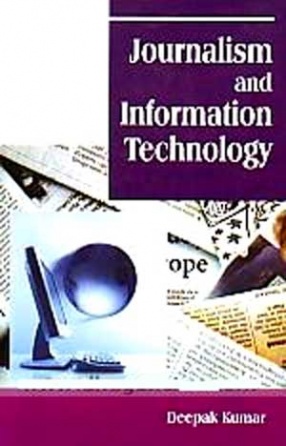
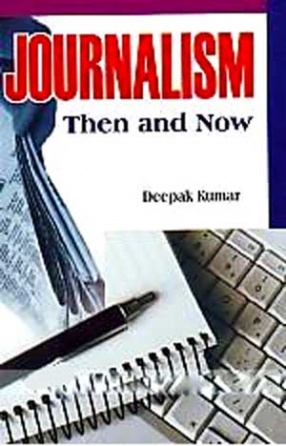




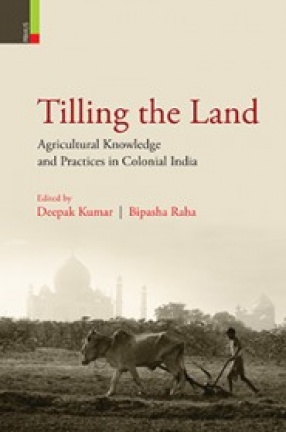
This volume sheds light on systems of agricultural knowledge, inherited agricultural practices and allied activities, adoption of new knowledge as well as attempts at modernization, and the involvement and perception of the key historical players and agricultural pioneers who initiated the process of transformation of the system of agrarian production and the creation of a new agrarian knowledge base against the backdrop of burgeoning Western scientific ...


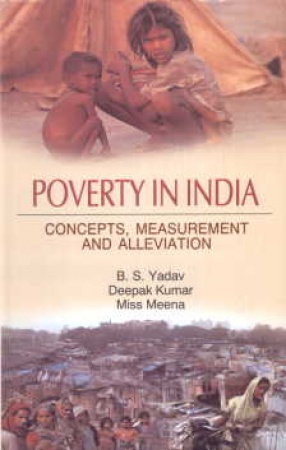
Poverty is a complex phenomenon in its content and scope. Poverty is a plague affecting all parts of the world and it has many faces and dimensions. It is both widespread and intensive and intrinsically related to socio-cultural, socio-political and socio-economic factors. In popular understanding, poverty is identified with lowness of income, which prevents a family from obtaining and enjoying the basic necessities of life, including a minimum of food, clothing, ...
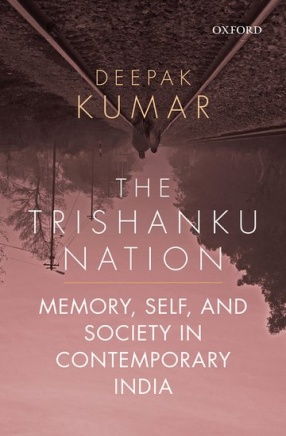
Taking a cue from the story of Trishanku-the mythological king who aspired to reach heaven while still alive-Deepak Kumar builds a compelling narrative on the state of contemporary India. Much like Trishanku, who only succeeded in being stuck in limbo between heaven and earth, India appears to be oscillating at the crossroads of modernity and tradition; development and corruption; and diversity and communalism. The Trishanku Nation presents a provocative account ...
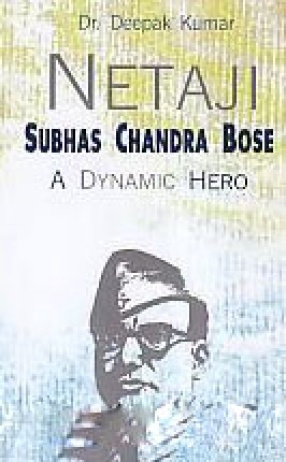
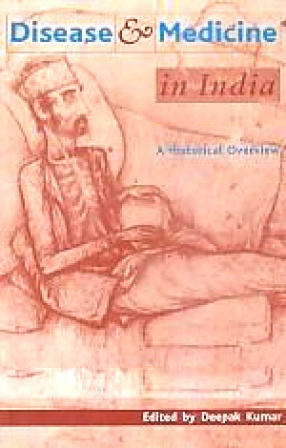
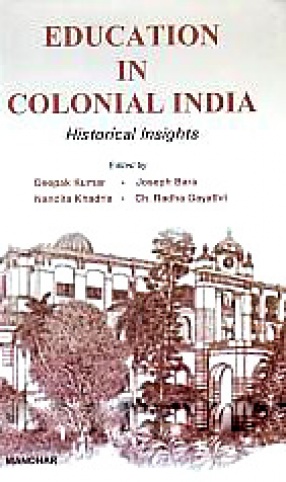
Questions like what to teach, how to teach and whom to teach have been central to debates on education in India. Colonialism has left several facts and questions open, which can be interpreted in multiple ways. Knowledge is essentially a contested term, as much as education itself is a contested terrain. Education is an important constituent dimension of knowledge society as it empowers people with requisite skills and knowledge to access productive employment. ...


Most reporters apply this skill in a law related setting in court or a deposition and they have harnessed technology to do so in new and innovative ways. For example reporters may provide uncertified notes at the end of a days proceeding to help counsel prepare for the next day. Other reporters have adapted technology and their skills to such uses as providing instant voice to text for meetings and live television programs for the benefit of persons with impaired ...


This volume provides multi-layered analysis of the environmental impacts under the colonial rule. Presenting detailed case studies from across the Indian subcontinent, it discusses different aspects of Empire-environment encounters like imagination of environment; politics of natural resource management; irrigation and flood control projects; cultural negotiations; and forest and ecological changes. The essays explore the nature of global environmental ...


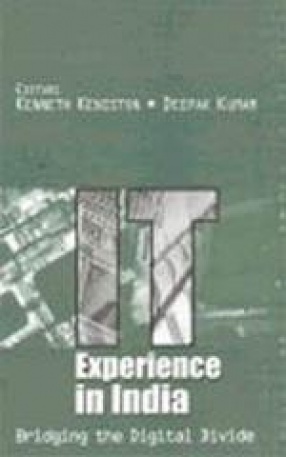
Recent decades have seen an unprecedented growth in Information and Communication Technologies (ICTs), ushering in what is commonly referred to as the "Information Age." This book explores whether modern ICTs can deliver on their promises of democracy, prosperity, and well-being for the people of developing nations who comprise 80 percent of the world's population. In order to do this, this volume uses lessons from the Indian experience-a country where ...

To what extent were colonial scientific knowledge or discourses used to achieve political and cultural goals? How did the recipient culture appropriate or redefine the metropolitan ideology of science? Science and the Raj investigates some key questions related to British scientific encounters with India. It explores the link between science, technology, and the process of colonization in the context of British India. Deepak Kumar makes implicit and explicit ...
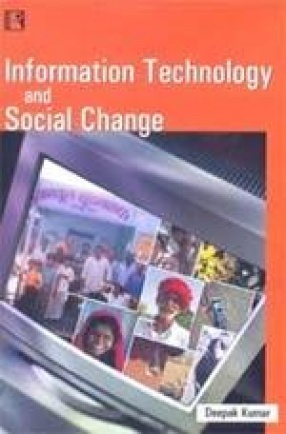
Modern digital technology of Internet has become increasingly popular in India in the last one decade. The kinds of opportunities that it opens up for its users and the ways it throws behind those who are unable to access the technology for various reasons has emerged as an area of interest among social scientists. This book tries to understand sociologically the dynamics of changes brought in by the introduction of Internet technology in rural India. It studies ...
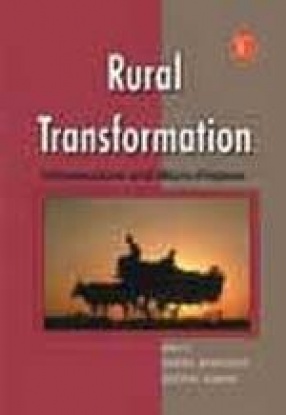
For India to become developed and prosperous, each of its villages must be transformed. The key issues under discussion here are rural infrastructure and micro-finance. Sanitation, drinking water supply, roads, land and housing, and agricultural infrastructure, among others as well as the role of micro-finance in our nation-building exercise, empowering rural India are discussed.

Farmer's guide lists the pest profiles of the diagnosis, nature and extent of damage and management of various insect pests of important vegetable crops and to initiate timely and better management to save their produce, increase yields and to fetch good remuneration from their produce. Make the farming communities aware to about the identification and augmentation of natural enemies fauna to control insect pests in vegetable eco-system. Wherever required, black ...

Business Process Outsourcing (BPO) industry has to think differently. It needs to view ‘BPO’ as Businesses, People and Opportunities. It has to think beyond mere ‘cost’ arbitrage to achieve, what has been called ‘intellectual’ arbitrage, which addresses questions like “How do we get a far better business outcome for the same price?†instead of “doing it more cheaply in different parts of the world?†The book leaves a thought with the reader; ...

Business outsourcing has become a business necessity to those organizations who aim to maximize their shareholders' wealth by outsourcing a part of the business process to a third party. It deals with the issues related to BPO strategy and highlights the trends in this industry. Interviews with Indian industry leaders are also given here. This book will be of particular interest and use to practicing professionals in the BPO industry, academia, researchers and ...
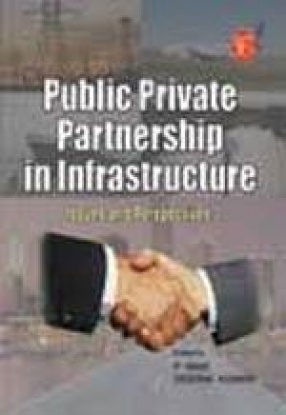
The financing of infrastructure projects has traditionally been the responsibility of the government. However, with the realization of infrastructure development in a nation’s economic growth, a majority of the countries has encouraged the effective utilization of the various financial avenues to meet the increasing demands of infrastructure financing. The international experiences of the Asian Development Bank, United States of America and Scotland have been ...
